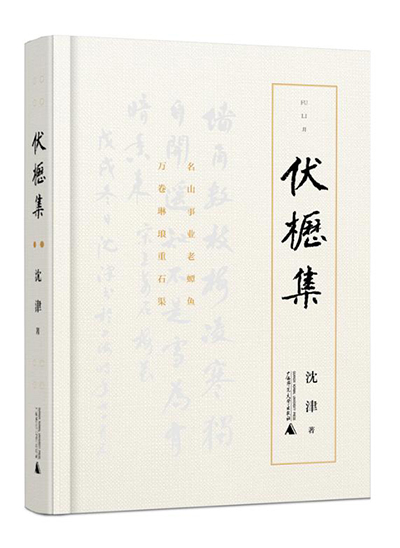Bibliographical studies of traditional Chinese texts

A Collection of Scholarly Research on Bibliography
Contemporary bibliographer Shen Jin has made prominent achievements under the guidance of Gu Tinglong and other predecessors. His book, A Collection of Scholarly Research on Bibliography contains a total of 30 articles, including reminiscences about the scholarly pursuit of 20th-century bibliographers, edition identification articles, prefaces of monographs, academic conference lectures, as well as statements and examples for the writing of shuzhi [annotated catalogues of books].
Scientific version identification adopts the combination of material form analysis and textual research. The former is composed of elements such as formats, fonts, paper, and binding. The latter is conducted through prefaces and postscripts, copyright pages, textual content, etc. Shen previously worked at esteemed institutions such as the Shanghai Library, the Chinese University of Hong Kong Library, Harvard-Yenching Library, all of which boast exceptionally extensive collections of rare books.
Shen has a keen eye for the identification of material forms of manuscripts and Song (960–1279) and Yuan (1271–1368) editions. In an intriguing instance, when a provincial museum routinely followed the national library and recorded an ancient book as the Song block-printed version, the author noticed a meticulously executed “cut and patch” on the top margin of a page. This observation shed light on the book’s true identity, belonging to the reign of Emperor Jiajing in the Ming Dynasty (1368–1644).
Textual bibliographies have two categories. Simple bibliographies only record titles, volumes, authors, printing and publication dates and venues, and collectors. Detailed ones aim to reveal more, including writing and compilation processes, the author’s life, the origin and development of a block-printed edition, as well as collection and transmission sequences. More detailed writings are also called synopsis and shuzhi. As some scholars call for establishing shuzhi studies, the “Harvard model” presents itself as an eminent paradigm. The model is formed on the basis of the Annotated Catalogue of the Chinese Rare Books in the Harvard-Yenching Library, Harvard University, U.S.A. under the chief editorship of Shen.
The author reviews the history of shuzhi, analyzes the writing process, components, and practical functions, and offers suggestions for long-term library planning of systematic shuzhi compilations and talent cultivation. The article “Thirty Synopses of Chinese Classics Printed in Japan Collected at the Harvard-Yenching Library” can be used as a model for shuzhi writing.
The nationwide survey of ancient books is drawing to an end, successively producing a series of brief bibliographies for library collections. The compilation of The General Catalogue of Ancient Chinese Books indeed represents a momentous feat. In the future, a more comprehensive introduction is bound to be made through writing shuzhi, and the Harvard model created by the author is a yardstick worth promoting.
Liu Jiaqi is from the Institute for the Collation of Ancient Books at Northeast Normal University.
Edited by YANG LANLAN
